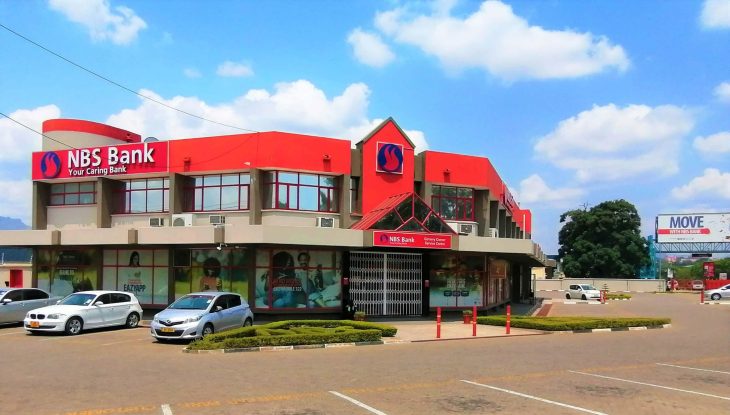
NBS Bank and Opportunity International Join Forces to Supercharge Malawi’s Financial Landscape
Key Business Points
- NBS Bank plc has partnered with Opportunity International to provide financial services to smallholder farmers, addressing a long-standing barrier to rural finance.
- The partnership aims to de-risk and capacitate smallholder farmers, enabling them to access loans and scale up their operations.
- The initiative is expected to increase production capacity, strengthen agriculture commercialization, and improve rural livelihoods, ultimately contributing to Malawi’s economic growth.
The recent partnership between NBS Bank plc and Opportunity International is a significant development for Malawi’s business community, particularly in the agricultural sector. The agreement seeks to address the financing gap that has excluded rural farmers from accessing formal financial services. According to Alfred Nhlema, NBS Bank’s chief wholesale banking officer, the partnership is designed to bridge the financing gap for smallholder farmers, who currently lack access to formal finance.
Opportunity International will play a crucial role in capacitating smallholder farmers by providing training in good agricultural practices and preparing them to access loans. This will enable farmers to scale up their operations, transitioning from rudimentary tools to acquiring tractors and processing equipment, and eventually becoming commercial or mega farmers. As Timothy Strong, head of agriculture finance at Opportunity International, emphasized, collaboration is key to solving the agricultural financing gap, which stands at $26 billion globally.
The partnership is expected to have a positive impact on Malawi’s economy, particularly in the agricultural sector, which contributes around 25 percent to the country’s gross domestic product (GDP). By increasing production capacity among farmers, the initiative will strengthen Malawi’s efforts to commercialize agriculture, creating jobs and improving rural livelihoods. This is a significant opportunity for local entrepreneurs and businesses to tap into the agricultural sector, which is a critical component of Malawi’s economy. As the partnership unfolds, it will be essential for businesses to monitor its progress and explore ways to capitalize on the growing demand for agricultural products and services. In Chichewa, this initiative can be described as "Kusaitana ndi anthu opuma mphasa", or "partnering with people to improve farming", highlighting the collaborative approach to addressing the agricultural financing gap.
What are your thoughts on this business development? Share your insights and remember to follow us on Facebook and Twitter for the latest Malawi business news and opportunities. Visit us daily for comprehensive coverage of Malawi’s business landscape.
- Malawi’s K1.2tn Gold Smuggling Scourge: A Threat to Business Growth and Economic Stability - February 1, 2026
- Revitalizing Malawi’s Economy: Lower Food Prices Signal New Growth Opportunities - January 31, 2026
- Revitalizing Malawi’s Economy: Tackling Climate Related Underfunding for Sustainable Growth - January 30, 2026
